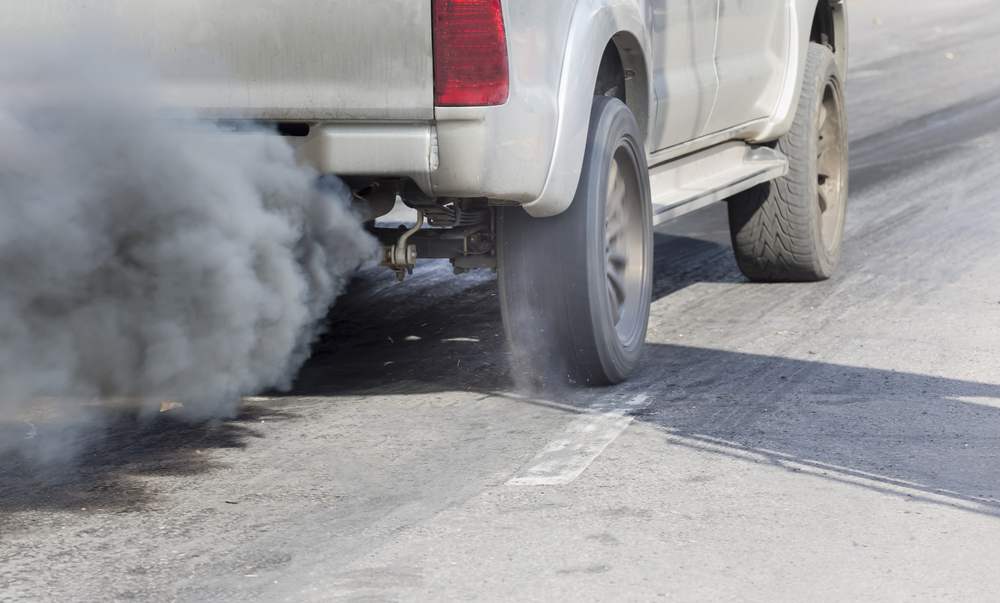You may have seen low, brown clouds hovering around a city if you live there. You probably also appreciate the clean air in rural areas. Air quality has improved dramatically in recent decades. However, the continued use of vehicles and the pollution caused by the burning of fossils fuels may have you wondering what the effects of breathing the toxic air can be on your body.
Understanding the impact of pollution on your health is crucial to determining the steps that you can take to prevent it.
What is the impact of air pollution on our healthSeveral factors led to laws being passed to clean up the environment. These laws were created due to the negative impact air pollution has on many people’s health.
Respiratory Disorder
It is only natural that inhaling toxins will directly affect the respiratory system. The air pollution is linked to many respiratory diseases.
- Emphysema
- Chronic Bronchitis
- Asthma
- Chronic Obstructive pulmonary Disease (COPD).
Human activity, which released toxic chemicals in the air, was responsible for many of these effects. Recent studies have examined the effects of wildfires, which blanket many cities with smoke in the summer and autumn months. Unfortunately, these problems are also caused by the smoke from wildfires.
Cancer
Air pollution has been linked to many different types of cancer. In one study, 57,000 women living near major roads had a higher risk of breast cancer. A study also found that aerosols containing methylene-chloride, such as paint thinners or other aerosols, can increase the risk of developing breast cancer. Exposure to gasoline chemicals increased leukemia. A long-term study on the effects of coal production for energy also increased lung cancer.
Cardiovascular Disease
Stress on the heart is often linked to cardiovascular disease. Particulate matter is increased by many types of air pollution. This reduces our lungs’ ability to transport oxygen into the bloodstream. In order to meet our basic requirements, the heart must pump more blood to the rest of the body due to the lower oxygen levels. The body can handle short-term increases of workload but the increased effort over time leads to an increased risk of cardiovascular disease.
There are many ways to reduce your exposure to air pollutants. You can reduce the amount of air pollution by reducing your own emissions, or you can use filtration masks and specialized air filter devices for your car and home.


